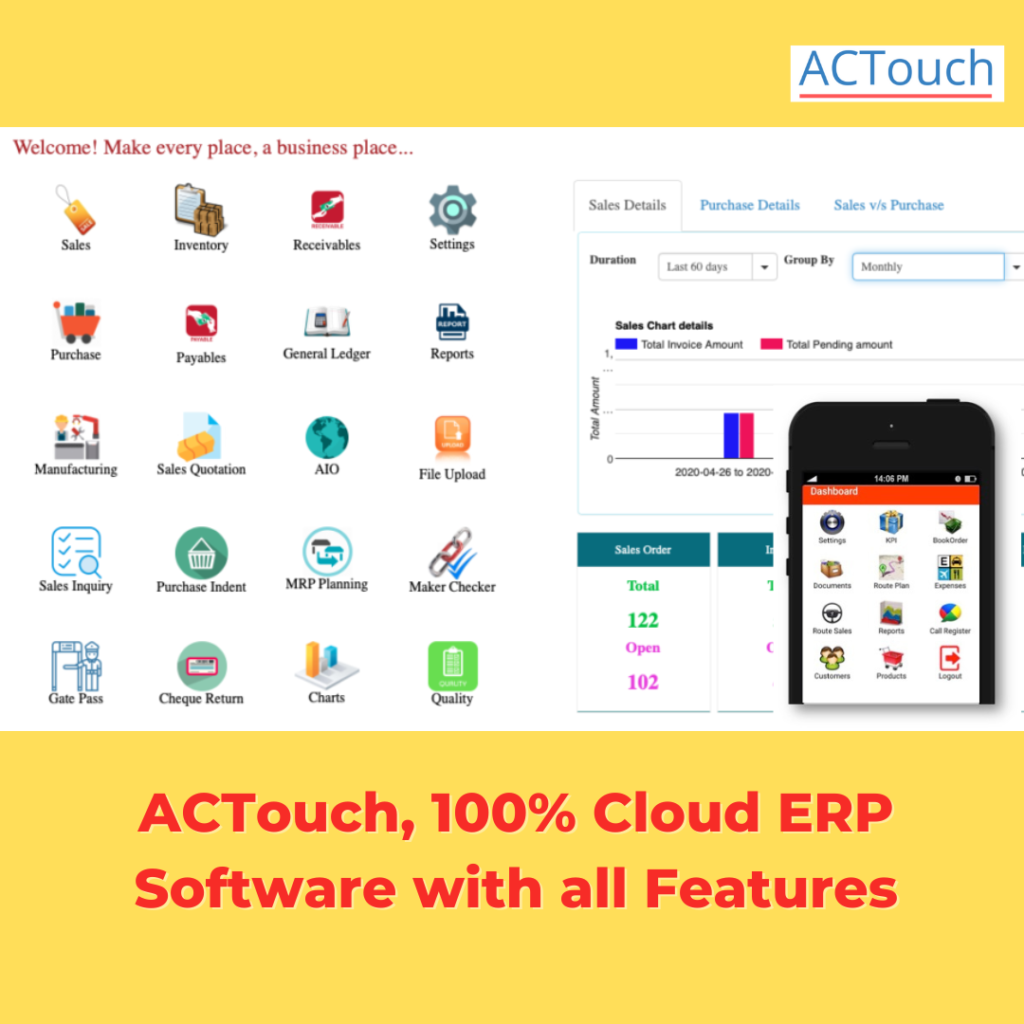Understanding Liquid Net Worth
Introduction: In the realm of personal finance and business, knowing your liquid net worth can be crucial for making informed financial decisions. In this article, we will explore the concept of liquid net worth, its significance for businesses, and how to increase it. We will also delve into liquid assets, non-liquid assets, and the difference between liquidity and solvency.
What are liquid assets?
Liquid assets are financial resources that can be quickly converted into cash without significant loss in value. These assets are highly liquid and readily accessible, making them essential for financial emergencies or short-term funding needs. Common examples of liquid assets include cash, savings accounts, money market funds, stocks, and marketable securities. These are also called current assets and shown in balance sheet.

What are non-liquid assets?
Non-liquid assets are financial resources and physical possessions that cannot be easily converted into cash without significant loss in value or require a longer time to do so. These assets tend to have less immediate marketability and may involve a more complex process to sell or dispose of.
Let’s delve into various types of non-liquid assets:
Real Estate
Real estate properties, including land, residential homes, commercial buildings, and investment properties, are considered non-liquid assets. While real estate can be valuable and appreciative over time, it may take a considerable amount of time to find suitable buyers and complete the sale transaction.
Physical Assets and Equipment
Physical assets like machinery, vehicles, and equipment used in businesses or personal endeavors fall under non-liquid assets. While these assets hold value and contribute to productivity, finding buyers for specific equipment or machinery can be time-consuming.
Private Equity and Venture Capital Investments
Investments in private companies, venture capital funds, or private equity funds are typically non-liquid assets. These investments may require long holding periods, and there may be restrictions on selling or transferring ownership.
Art and Collectibles
Artwork, antiques, rare collectibles, and other valuable items fall under non-liquid assets. While they can appreciate in value over time, finding buyers who are willing to pay the desired price can take time, and the market for such items can be relatively illiquid.
Long-term Investments
Certain long-term investments, such as long-term government bonds or retirement funds, are considered non-liquid assets. While they may be valuable and provide stable returns over time, they are not easily accessible without penalties or restrictions until specific maturity dates.
Intellectual Property
Intellectual property, such as patents, trademarks, and copyrights, are intangible assets and can be difficult to value accurately. While they may have significant value, monetizing intellectual property often involves complex licensing agreements or legal processes.
Business Ownership and Equity
For business owners, their ownership stakes in private companies are non-liquid assets. Selling or transferring ownership in a private business can be a complex process that requires finding the right buyer or investor.
Precious Metals and Commodities
Precious metals like gold, silver, and platinum, as well as certain commodities like oil or agricultural products, can be non-liquid assets. While they may hold intrinsic value, finding buyers at desired prices can be subject to market fluctuations.
Non-liquid assets play an important role in a diversified investment portfolio or as part of a business’s overall asset base. While they may not provide immediate cash liquidity, they can offer long-term value appreciation, hedge against inflation, and provide stability to an individual’s or business’s overall financial position.
|
What is liquid Net Worth?
Liquid net worth is the value of your total assets that can be readily converted into cash subtracted by the total liabilities. It represents the amount of money you have available after settling immediate debts and financial obligations. Understanding your liquid net worth is essential for evaluating your financial health and determining your financial flexibility.
Liabilities include outstanding balance of credit cards and Personal loans. So the focus is to clear these outstanding balance to increase your liquid net worth.
What are the lists of Liquid Assets?
The list of liquid assets consists of financial resources that can be quickly converted into cash without significant loss in value. These assets are highly liquid and readily accessible, making them essential for financial emergencies, short-term funding needs, and meeting immediate financial obligations. Here is a more detailed explanation of the various types of liquid assets:
Cash and Cash Equivalents
Cash is the most liquid asset as it can be readily used for transactions and emergencies. Cash equivalents include highly liquid and short-term investments that are easily convertible to known amounts of cash, such as money market funds, certificates of deposit (CDs), and Treasury bills.
Money Market Accounts
Money market accounts are interest-bearing deposit accounts offered by banks and credit unions. They typically offer higher interest rates than regular savings accounts and have limited withdrawal restrictions, making them a convenient option for maintaining liquidity.
Marketable Securities
Marketable securities refer to financial instruments that can be easily bought or sold in the financial markets. These include stocks and bonds traded on major exchanges. Investors can quickly convert these securities into cash by selling them on the open market.
Treasury Bills and Bonds
Treasury bills (T-bills) and bonds are debt securities issued by governments to raise funds. They are highly liquid as they have fixed maturity dates and are considered low-risk investments, making them attractive to investors seeking liquidity.
Certificates of Deposit (CDs)
CDs are time deposits offered by banks with fixed maturity dates and fixed interest rates. While they typically have penalties for early withdrawal, they are considered liquid assets due to their ability to be converted into cash upon maturity.
Mutual Funds with High Liquidity
Certain mutual funds invest in highly liquid assets like money market instruments or blue-chip stocks. These funds allow investors to redeem their shares and receive cash promptly.
Short-term Government or Corporate Bonds
Short-term government or corporate bonds have shorter maturities and can be easily sold before their maturity date, making them relatively liquid.
Accounts Receivable
For businesses, accounts receivable (outstanding customer payments) can be considered liquid assets, as they represent funds owed by customers that are expected to be converted into cash in the near future.
It’s important to note that the level of liquidity can vary among these assets. Cash is the most liquid, as it can be accessed immediately, while some marketable securities or less common types of investments may take slightly longer to convert into cash.
Why is identifying liquid net worth important for business?
Knowing your liquid net worth is crucial for businesses as it helps in the following ways:
- Making strategic financial decisions during challenging times.
- Calculating the business’s ability to meet short-term obligations.
- Determining the potential for growth and expansion by understanding available resources.
- Evaluating financial risks and mitigating them effectively.
Examples of liquid net worth
Let’s consider an entrepreneur who owns a small business. Their liquid net worth would include cash reserves, stocks and bonds, and other easily convertible assets minus their immediate liabilities like outstanding bills and debts. A positive liquid net worth indicates a strong financial position, whereas a negative liquid net worth signals financial challenges.
How to increase liquid net worth?
To enhance liquid net worth, businesses can take the following steps:
- Increase sales and revenue streams.
- Reduce unnecessary expenses and manage debt effectively.
- Invest in highly liquid assets.
- Optimize inventory and avoid overstocking.
- Explore short-term investment opportunities with favorable returns.
What are Non-Liquid Assets?
Non-liquid assets are those that cannot be quickly converted into cash without significant loss in value. These assets include real estate, long-term investments, and physical assets like machinery and equipment.
Examples of illiquid Net Worth
Suppose a business owner possesses substantial real estate holdings and investments in private equity or venture capital funds. These assets may take months or even years to sell, making the net worth illiquid.
What is Solvency vs. liquidity?
Solvency refers to a business’s ability to meet its long-term financial obligations, indicating overall financial health. Liquidity, on the other hand, focuses on short-term cash availability to cover immediate liabilities.
FAQs on “Liquid Net Worth”
How do you calculate net liquidity?
To calculate net liquidity, subtract total liabilities from the total liquid assets.
What is a high liquid net worth?
A high liquid net worth indicates that a significant portion of your assets can be quickly converted into cash, providing financial security and flexibility.
What is the liquidity formula?
The liquidity formula is the ratio of liquid assets to current liabilities. It is calculated as (Liquid Assets / Current Liabilities).
Liquid assets to net worth ratio
The liquid assets to net worth ratio measures the percentage of a person’s net worth represented by liquid assets. It is calculated as (Liquid Assets / Net Worth) * 100.
Which assets are most liquid?
Cash, money market accounts, and publicly traded stocks are some of the most liquid assets.
Is cash a liquid asset?
Yes, cash is considered the most liquid asset as it can be easily used for transactions and emergencies.
What is a good liquidity value?
A good liquidity value varies depending on the individual or business’s financial goals, but generally, a value above 20-30% is considered favorable.
What is an example of liquidity?
An example of liquidity is when an individual sells a stock and receives cash immediately, allowing them to use the money for various purposes.
Understanding liquid net worth and the significance of liquid assets is vital for both individuals and businesses. By managing their liquidity effectively, businesses can make well-informed decisions and ensure financial stability and growth. Remember to periodically assess your liquid net worth and adjust your financial strategies accordingly to thrive in an ever-changing market environment.

